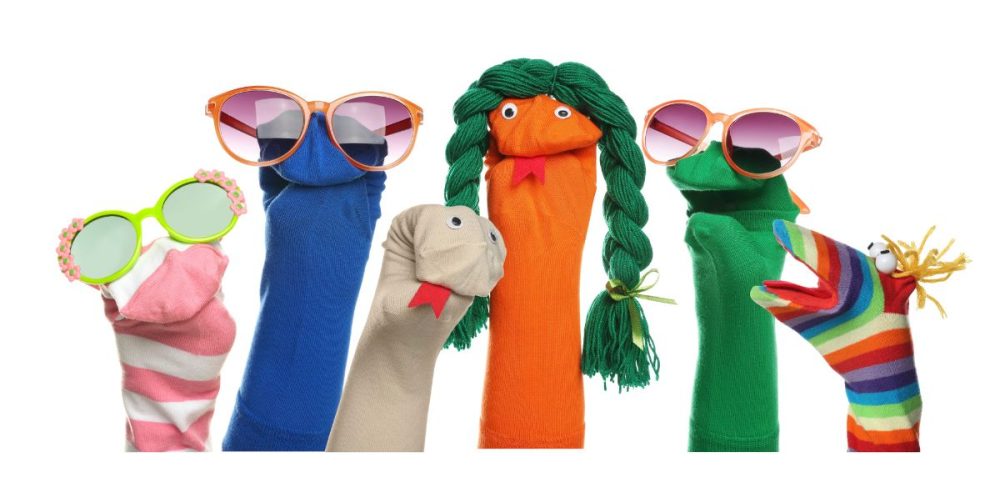A newly released study says about half of popular ADHD videos on TikTok are misleading or downright false.
The authors of the study, which was published in PLOS One, wanted to investigate TikTok’s role as a tool for attention-deficit/hyperactivity disorder. They found that much of the most popular content was inaccurate and oversimplified.
To make matters worse, over half of the creators appeared to have financial motivations, such as pushing particular ADHD-related products.
To conduct the assessment, two licensed psychologists watched the top 100 most-viewed TikTok videos shared under the hashtag #ADHD. The videos, with nearly half a billion views combined, were assessed for accuracy using the same criteria mental health professionals would use to make a diagnosis.
The psychologists found that only 49% of the claims in the top videos were accurate.
In some cases, symptoms were oversimplified, or descriptions of ADHD lacked nuance.
“Some behaviors were better described by different mental illnesses, some could be related to ADHD but were not diagnostic criteria, and some were not related to ADHD or other mental illnesses at all,” said Vasileia Karasavva, lead author of the study and PhD student at the University of British Columbia, per ABC News.
The authors say the videos with misleading information could be altering people’s perceptions of whether or not they have a mental health condition. While the researchers acknowledge that self-diagnosis may empower people, they also say you risk being exposed to misinformation and “self-diagnostic inaccuracies.”
For example, the study says misinformation found on sites like TikTok could lead to people thinking they have ADHD when, in fact, they don’t.
Social media can “overgeneralize the symptoms of a disorder or overemphasize personal experience as diagnostic evidence,” said the authors.“Overgeneralization could lead to viewers thinking that their symptoms are more severe than they are, or that things that are part of normal human experience indicate a disorder. For example, information on TikTok could encourage someone to conflate occasional lapses in concentration, in isolation, as evidence of ADHD.”
The report also found that only around a fifth of the creators of the top videos shared their credentials, and none were licensed psychologists, psychiatrists, or medical doctors.


